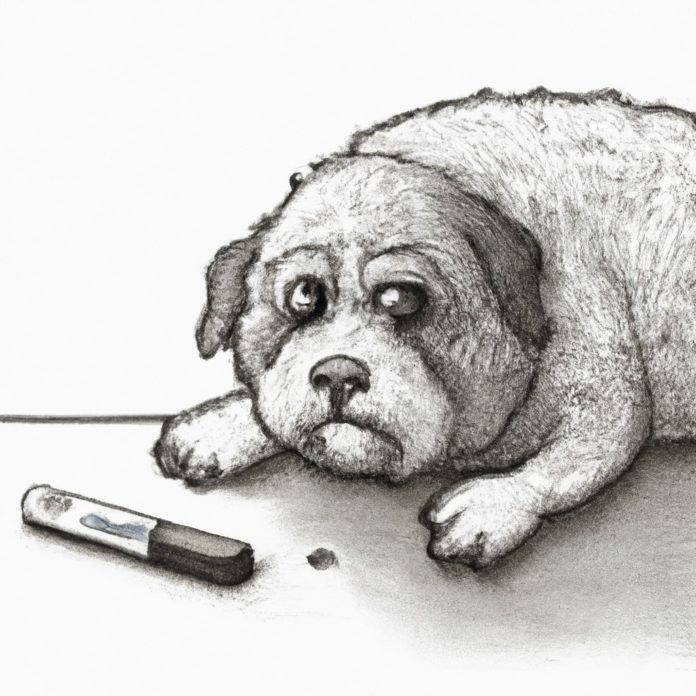Dear VetBabble,
I have a diabetic dog who accidentally consumed sugar. What should I do in this situation? Should I be concerned and adjust the insulin dosage, or continue as usual? Are there any signs I should watch for after this incident?
Understanding Diabetes in Dogs
Firstly, it’s essential to be familiar with the basics of diabetes in dogs. Diabetes is a medical condition in which the body cannot properly produce or respond to the hormone insulin. This causes elevated levels of sugar (glucose) in the blood, leading to a range of symptoms and complications. Dogs with diabetes generally require a balanced diet, regular exercise, and daily insulin injections to manage their blood sugar levels.
What to Do If Your Diabetic Dog Consumes Sugar
If your diabetic dog consumes sugar, don’t panic. In most cases, you should continue to inject insulin as usual (same dosage). That said, it’s always a good idea to consult your veterinarian if you’re unsure, as each dog’s case can be slightly different.
After a diabetic dog ingests sugar, they might exhibit gastrointestinal symptoms such as diarrhea or vomiting within the next few hours. These symptoms can also be seen in non-diabetic dogs who consume sugar, as their bodies are not equipped to process large amounts of it.
If your dog has diarrhea, it’s essential to take note of it and understand why your dog might have diarrhea. In this case, it may be a temporary issue due to sugar consumption, but if the symptoms persist or worsen, seek veterinary advice.
While your diabetic dog might not feel great after consuming sugar, they should generally be fine with appropriate care. Ensure they have access to fresh water and monitor them for any unusual behavior or worsening symptoms. If you’re concerned or notice any red flags, contact your veterinarian for assistance.
Managing Diabetes in Cats and Dogs
Diabetes is not exclusive to dogs; cats can also suffer from this condition. If your feline friend has diabetes, it’s crucial to educate yourself about what you should know if your cat has diabetes. The principles of management are relatively similar in cats and dogs, which include administering insulin injections, providing a balanced diet, and ensuring regular exercise.
Maintaining a routine and closely monitoring your diabetic pet’s health is vital. Regular veterinary check-ups and appropriate care can help control diabetes in cats and dogs, ensuring they live a happy, healthy life.
In conclusion, if your diabetic dog consumes sugar, continue their insulin injections as usual and monitor them for gastrointestinal symptoms such as diarrhea or vomiting. If you’re concerned or see any red flags, contact your veterinarian for assistance. Diabetes management in pets requires consistent care, and understanding how to address events like accidental sugar intake is crucial in maintaining your pet’s well-being.









